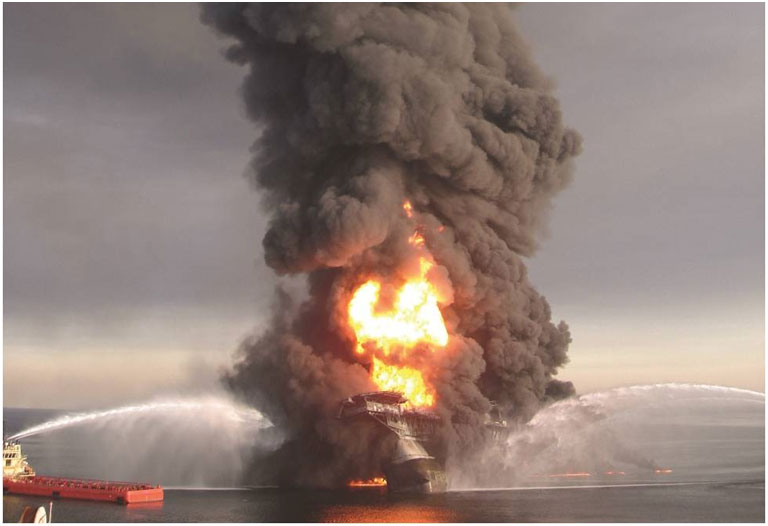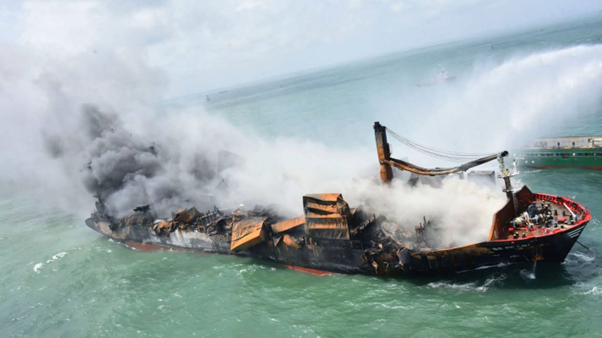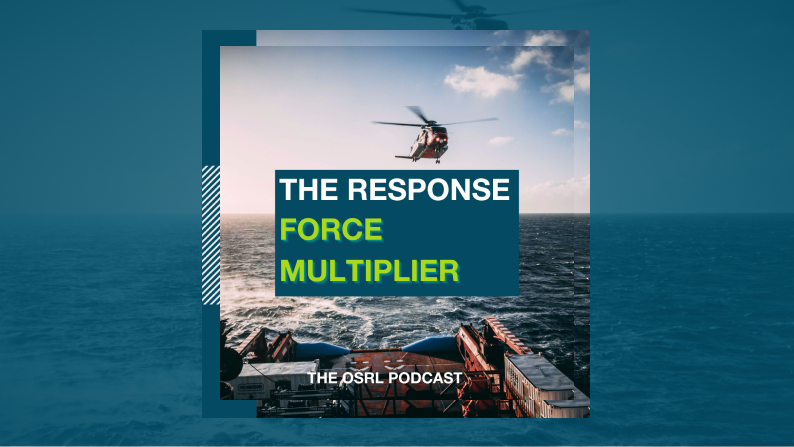30 years since Piper Alpha
At around 22:00 on the 6th July 1988, an explosion ripped through the Piper Alpha production platform in the North Sea, UK, which resulted in the deaths of 167 people including two from the rescue effort. Only 61 crew survived and of those, many were badly injured and psychologically traumatised. One week later, Lord Cullen was appointed to chair a public enquiry which would last for 180 days before being published on 13th November 1990 [1].
The lessons learned are applicable across all hazardous industries, not just the offshore oil industry and are every bit as relevant today. They include:
- Management of Change (design issues);
- Personal Safety over Process Safety (fire water pumps on manual start to protect divers);
- Isolation and Permits for Maintenance (pump started before maintenance complete);
- Handover (inadequate transfer of information between crews, shifts and disciplines);
- Safety Culture (complacent — everything’s fine);
- Emergency Response – evacuation.
Have the lessons truly been learned? The hope must of course be ‘yes’ and yet in June 2017, 72 people lost their lives in a residential tower block in London, the Grenfell Tower fire disaster, and emerging lessons learned from the Grenfell enquiry have shown frighteningly similar learnings; cost-cutting over recommended safety specifications, failure to listen to warnings and complaints.
Perhaps the real lesson learned from Piper Alpha is that there are no ‘new’ accidents and that we must continue to share and publicise findings across industries so that everyone can benefit from the experience of others as well as continuously examining our own safety culture and procedures; here at OSRL, we have recently revised our own Management of Change procedure, brought our own ‘safety rules’ in line with those of other internationally-recognised major companies and have overhauled our Safety Handbook which spells out and promotes our safety culture to all of our staff, customers and business partners.
Whatever field of employment or industry you work in – stay safe!
[1] Cullen, W.D.: The Public Inquiry into the Piper Alpha Disaster, HMSO, London, 1990









